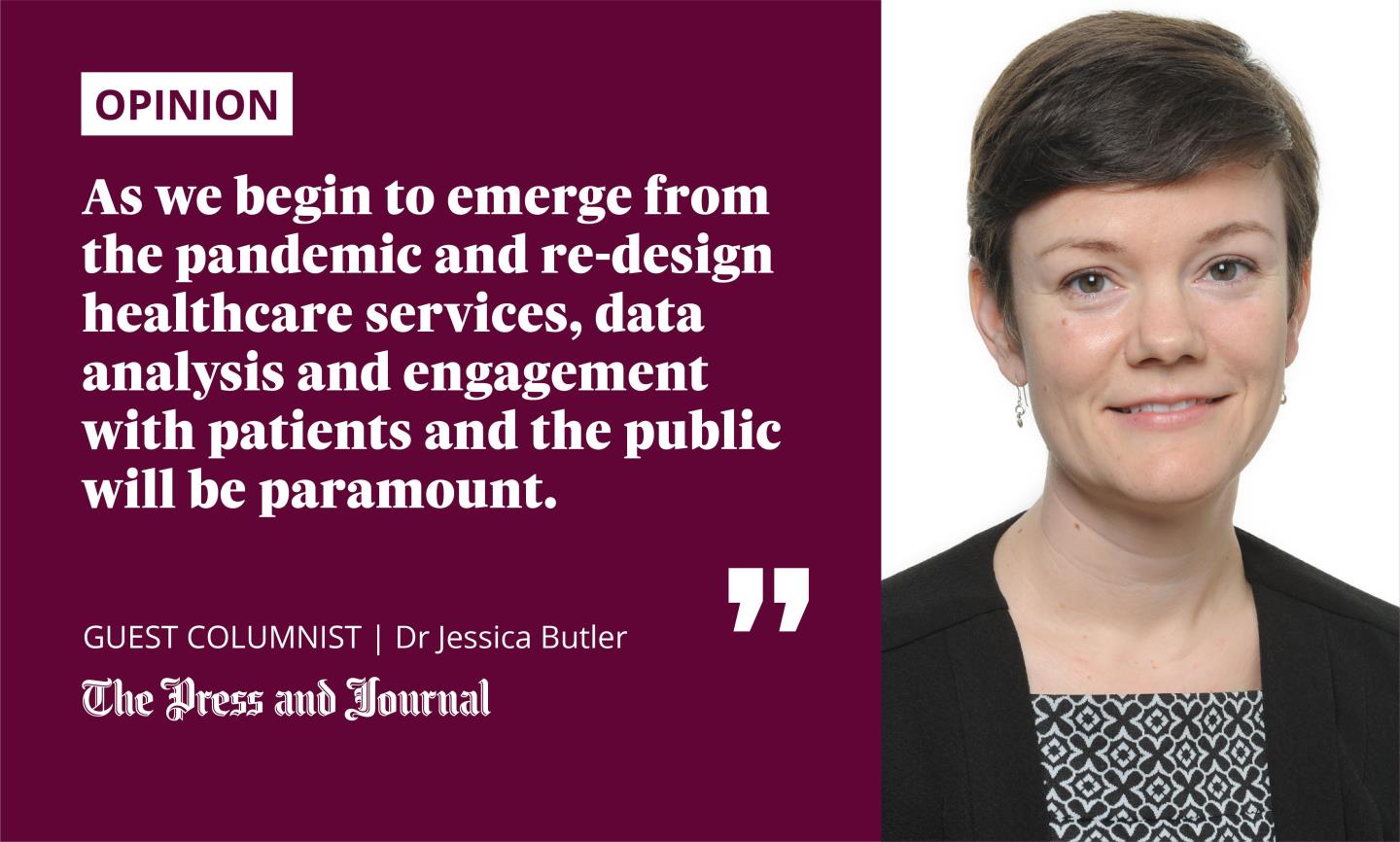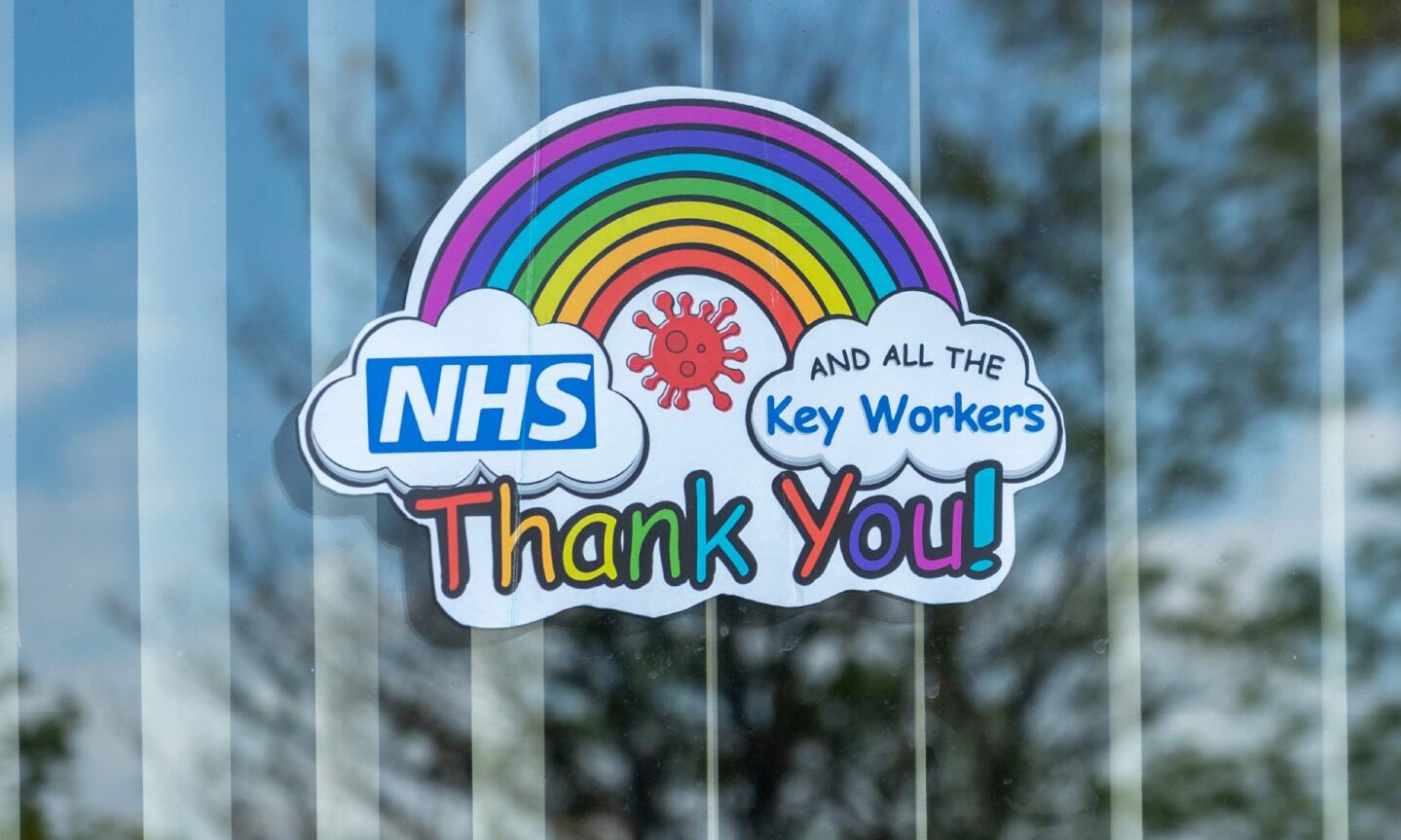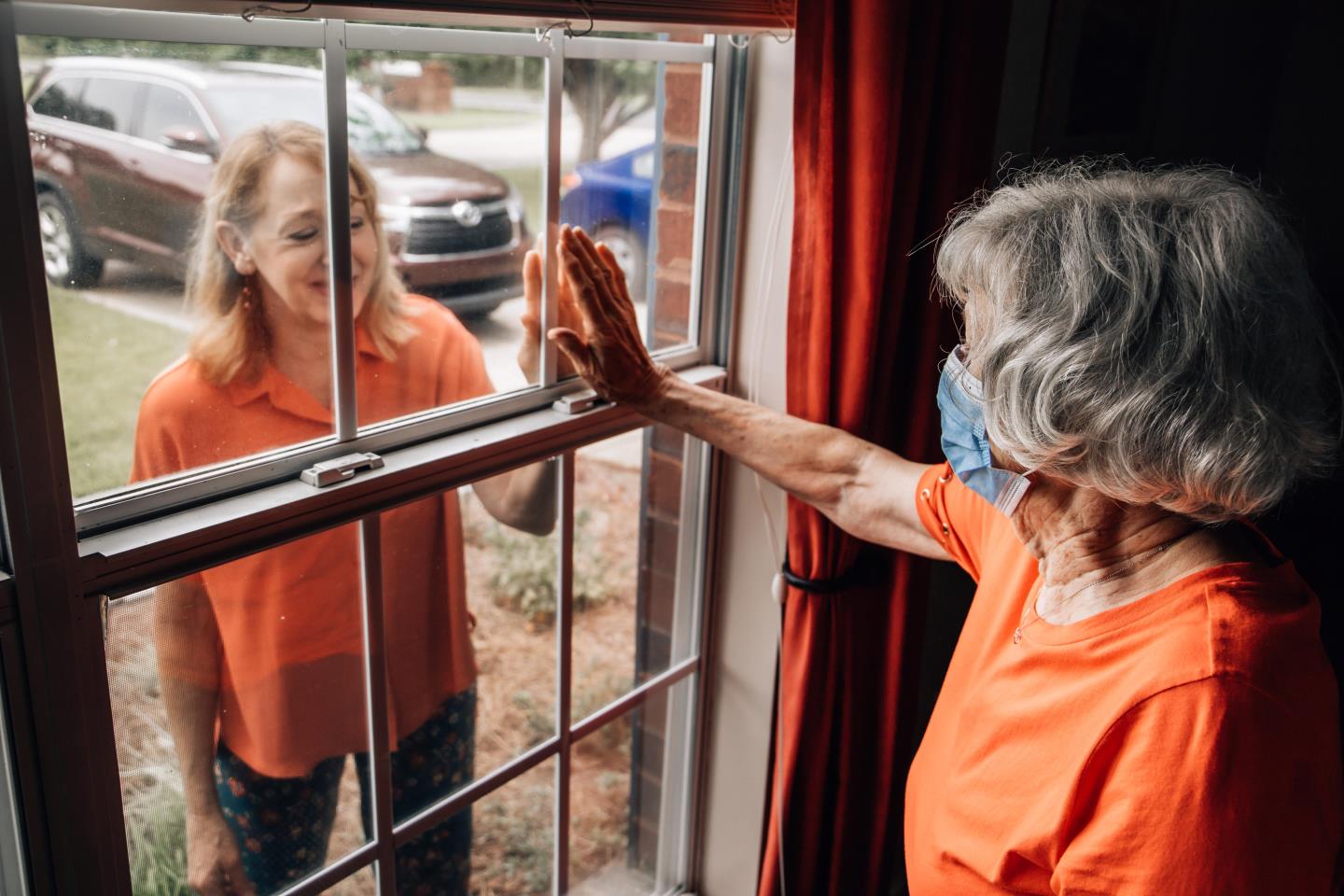A Networked Data Lab may conjure an image of large machines wired up together, but the reality is very different.
Here in Grampian, the NHS and the University of Aberdeen are partners in a new scheme with this unusual title. The lab’s goal is to help improve people’s healthcare by safely linking together information from across the NHS.

The NHS collects data but usually keeps the information in silos, with GP data separate from out-patient clinic data, which is separate from hospital data.
Looking at the data separately (for example, considering just A&E visits) doesn’t provide a very useful understanding of a person’s healthcare journey, nor give ideas of how to improve their care. And we know that is what people want most. But, by linking data together, we can build a better view of service use, patient pathways, and health outcomes.
Data analysis also shows ways to improve care
The goal of Grampian’s Networked Data Lab is to provide timely information about the use of the healthcare service, and insights into how care can be improved. And never has this been in greater need that during the coronavirus pandemic.
Our first project was exploring how healthcare changed for people who were shielding. During the first lockdown in the spring and summer of 2020, 16,000 people in Grampian were asked to stay at home as much as possible because they had pre-existing conditions like cancer or emphysema that mean they could get very ill from coronavirus.
We studied how shielding people’s clinic and hospital visits changed while they were isolating. Despite their serious medical conditions, during this time their healthcare service use dropped substantially – clinic visits fell by one-third and scheduled hospital admissions reduced by half. This shows that shielding people did miss important healthcare appointments while shielding.
But our team dug deeper into the data and found that there was good news. People who were shielding missed fewer healthcare visits compared to the Grampian population as a whole. In particular, children and people with cancer had their healthcare well preserved during lockdown.
While lockdown measures were essential to prevent the spread of Covid, missing healthcare appointments could have been harmful to the health of many people. To see that NHS Grampian were able to protect these most vulnerable patients is encouraging and is a testament to the hard work of our NHS.
People who were shielding provided advice and guidance on the most important questions for the team to research and report on
This analysis also shows ways to improve care. We found that almost half of people asked to shield were not identified by a screen of healthcare records. Instead, they had to be assessed and added “by hand” to the list by Grampian GPs and hospital consultants. We suggest that if some GP records could be shared across the NHS, it would be easier to identify people whose support should be prioritised.
Members of the public play an important role
There are five Networked Data Labs across the UK – in Grampian, Leeds, Liverpool, north-west London and Wales. All labs make their analysis of health and care data openly available. You can read more about how people were identified as needing to shield, and how their hospital use changed. And the full analysis about Grampian is also publicly available.
Members of the public play an important role in designing and reviewing the work done by the Networked Data Lab in Grampian. People who were shielding provided advice and guidance on the most important questions for the team to research and report on.
Over the coming two years, the team will be working to improve care for children, particularly children with mental health conditions and those who use social care support. We welcome volunteers from the public to join the lab’s engagement group. Please contact achds@abdn.ac.uk.
As we begin to emerge from the pandemic and re-design healthcare services, our team believes the model of open and collaborative data analysis and engagement with patients and the public will be paramount.
Dr Jessica Butler is a research scientist who runs the Networked Data Lab for Grampian


